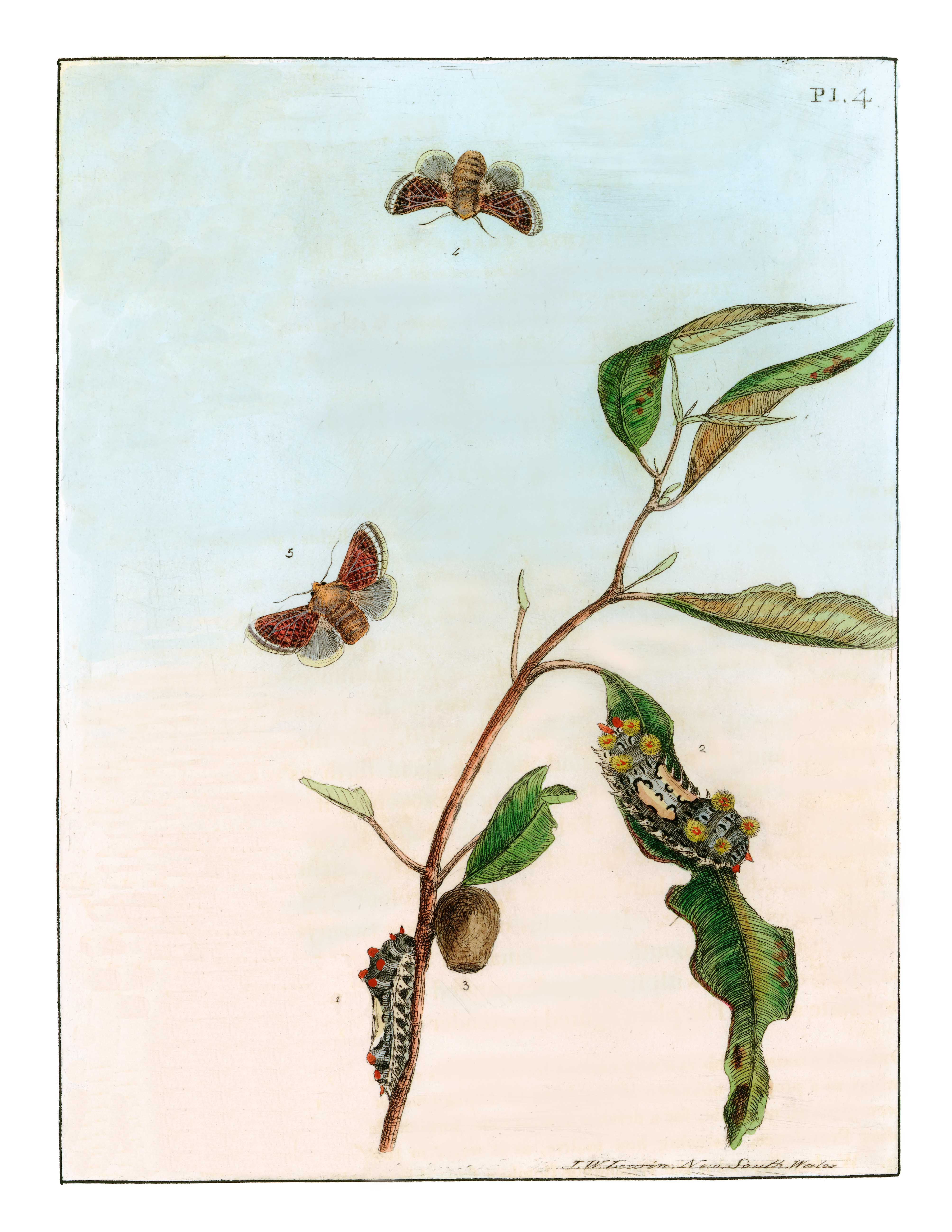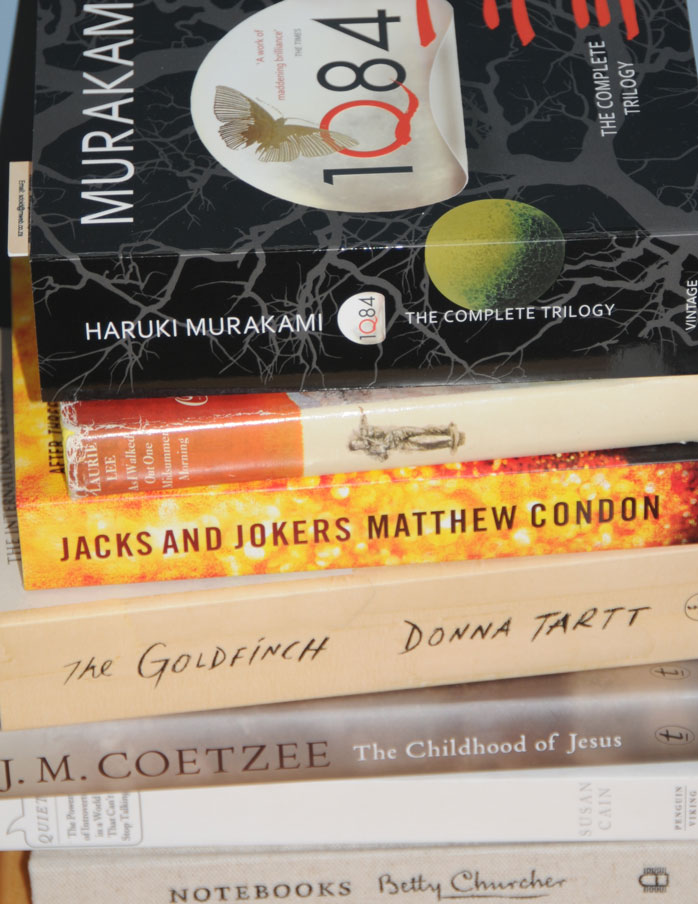Can trust get trustier?
Trust starts out like a peony – multilayered, delicate, beautiful – and withers as we get older. Some dispose of it early, occasionally finding the odd petal hiding somewhere, and a few manage, through extraordinary good fortune and wise associations, to keep it blossoming into old age.
Trust is a fragile emotion and is closely tied to our sense of safety. By the time we’re adults, in any new situation most of us offer it provisionally or withhold it until it is earned.
This protects our vulnerability but it would be healthier to be openhearted and trust until trust is betrayed. If it is betrayed, a second chance could be given, if there were some charitable explanation for the abuse of trust. If there were a second betrayal, one should think carefully before trusting that person again.
Although we tend to trust those whom we like, we can both trust people we dislike (because they are people of their word), or distrust people we do like (because they are incorrigibly unreliable).
As a marker of the importance we attach to this fickle emotion, we can look to the way we describe someone who can be trusted. She is trustworthy, we say, adding a value-laden adjective.
Trust is allied to faith. A talent for one is often matched with a talent for the other.
It is now very rare to find anyone who has trust in any institution. Our governments have shown themselves to be petty and focused on short-term gain. Churches have been exposed as venal and, in some cases, the guardians of evil. Our banks and many big businesses operate outside any ethical sphere without shame.
How are we to move forward?
By dropping seeds and nurturing trust. By holding up our end of the bargain. The question we can answer is: Can I be trusted? And we can ponder its corollary: What would make me not trustworthy?
Then, to paraphrase the question my niece Tashi once brought home from school, we can ask of others: Is my name safe in your mouth?






